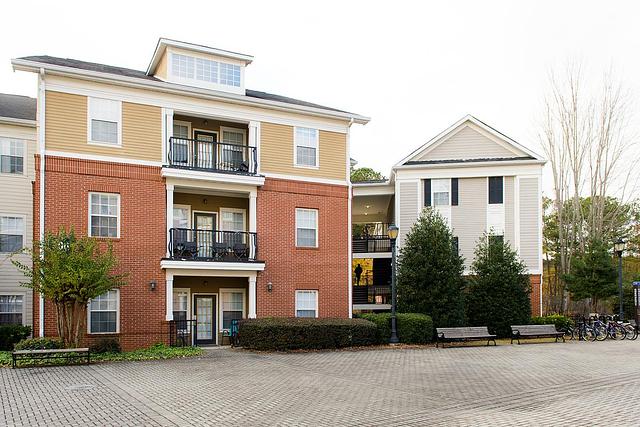KSU CARE Campus Apartments
Thanks to grants from the Beacon Foundation and the American Opportunity Foundation, CARE Services has been afforded the opportunity to provide temporary housing within KSU’s campus housing.
The apartments are dedicated to serve as emergency/temporary housing for up to 14 days while the students work with CARE to locate and secure a long-term housing solution. In cases where all beds are occupied the CARE case management team will work with other students on locating shelter options and/or determining the feasibility of CARE securing a local hotel room temporally on their behalf. This determination is largely, but not exclusively, based on the availability of funding, as the services provided by CARE are funded solely on the basis of donations.

Students who occupy the room are required to sign and accept the provisions of the Visiting Student Housing Agreement, which supplements the KSU Residence Life Housing agreement. 48-hours prior to the end of a student’s stay the CARE Services Director or their designee will review and determine if the stay can be extended. An extension will be based on the viability of securing long-term housing within an additional 14-day cycle, as well as upon the student’s noticeable commitment to continually working with the CARE Services case management team to seek and utilize campus and area resources. If awarded an extension, the student will need to complete an additional Visiting Student Housing Agreement for that 14-day cycle.

















